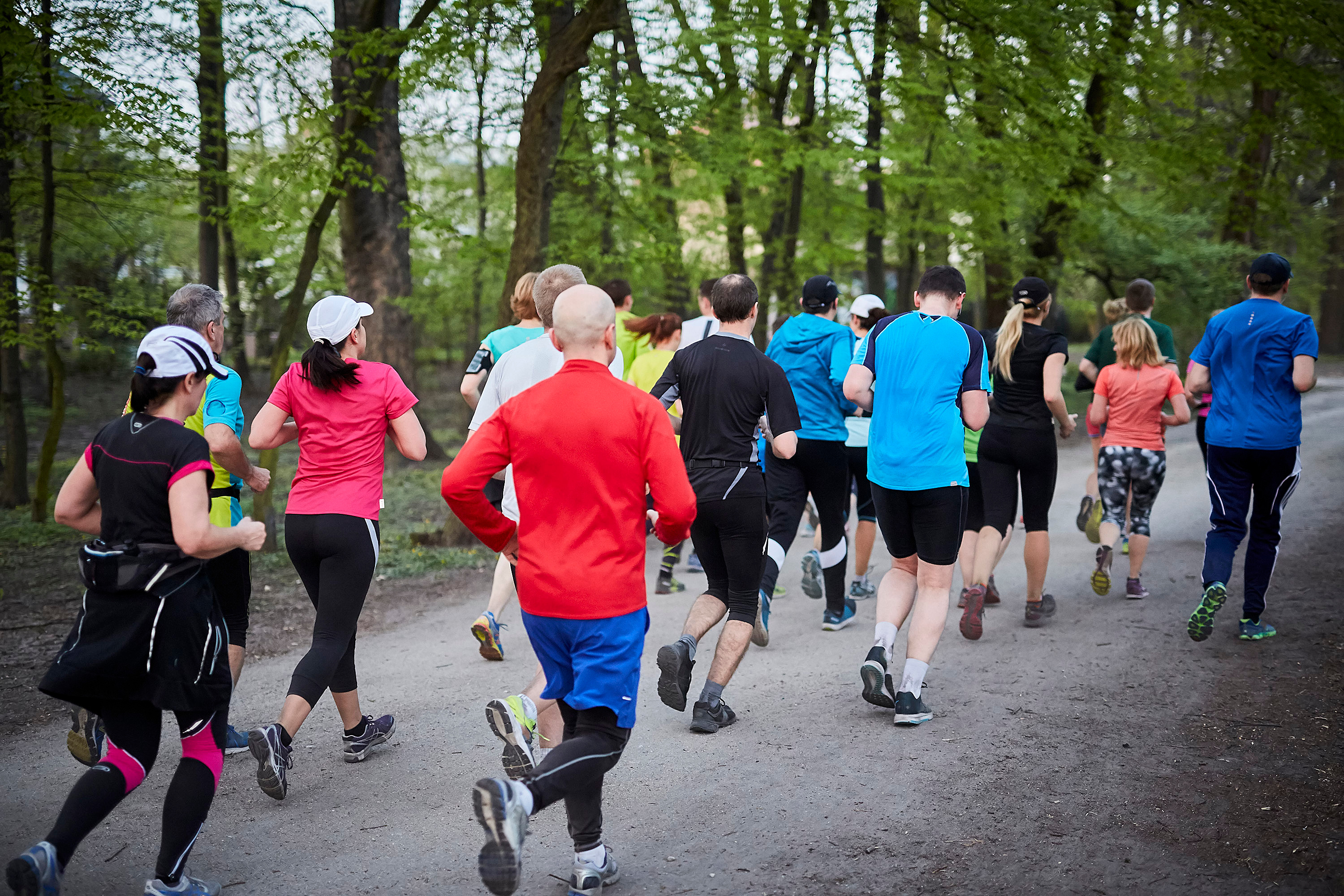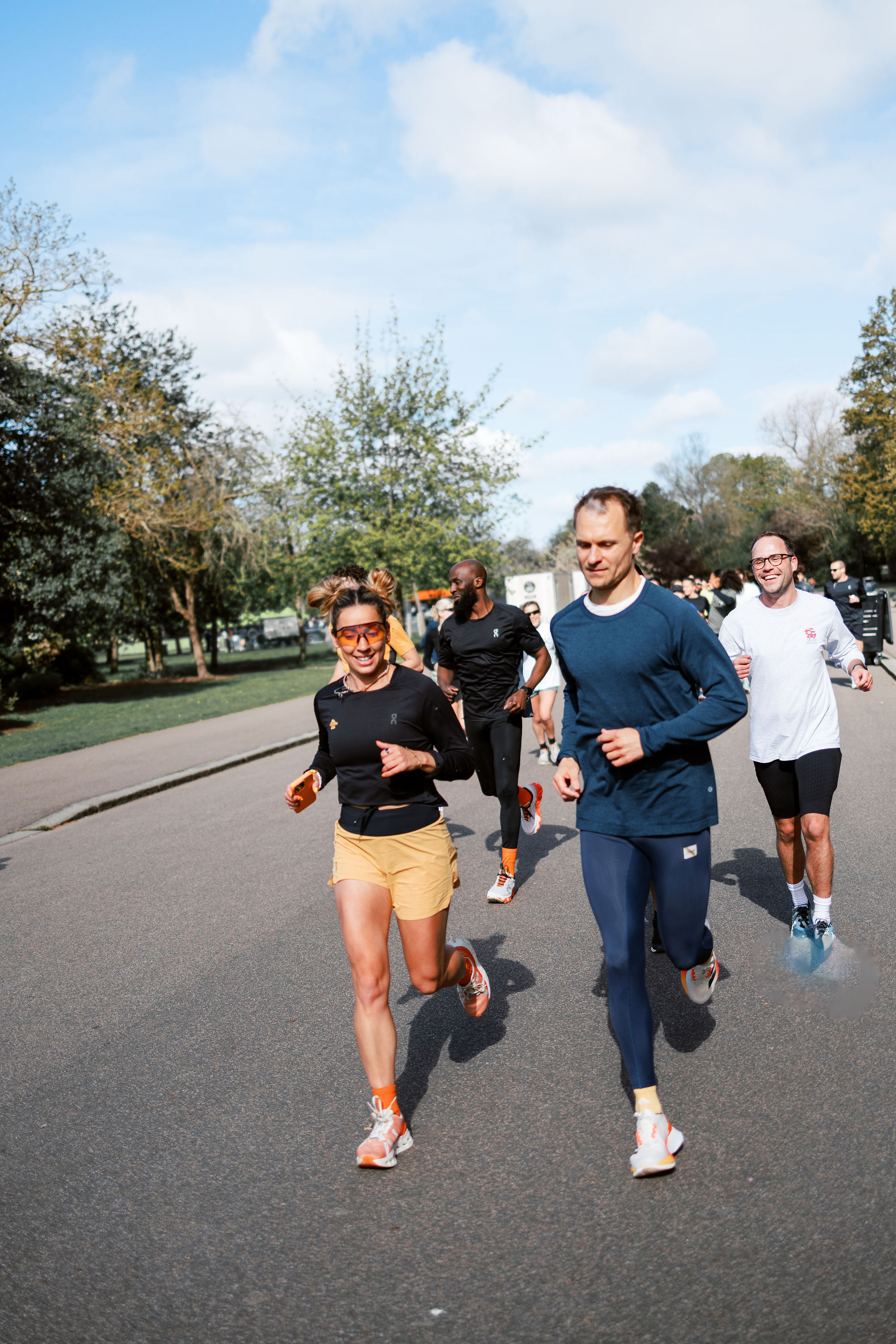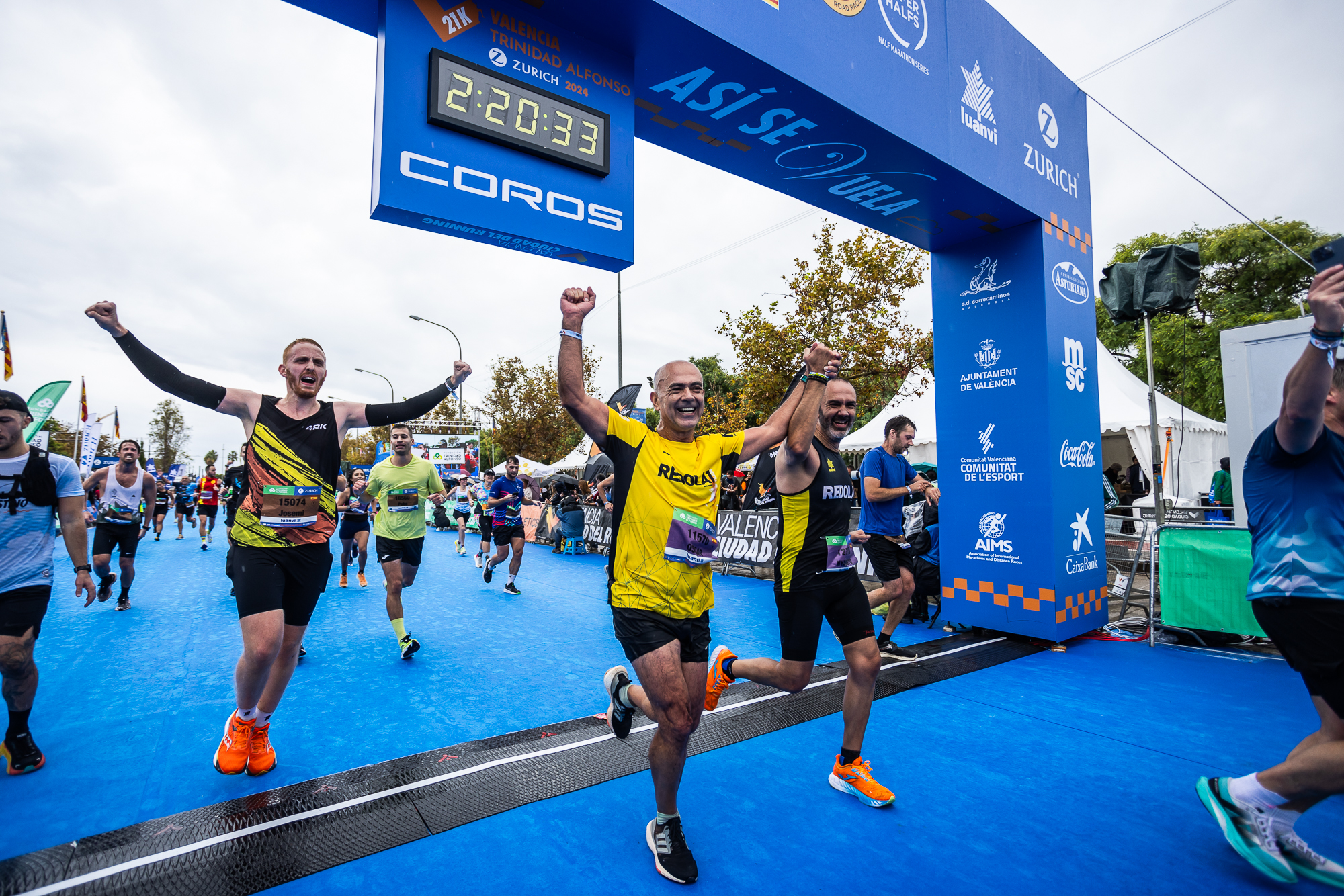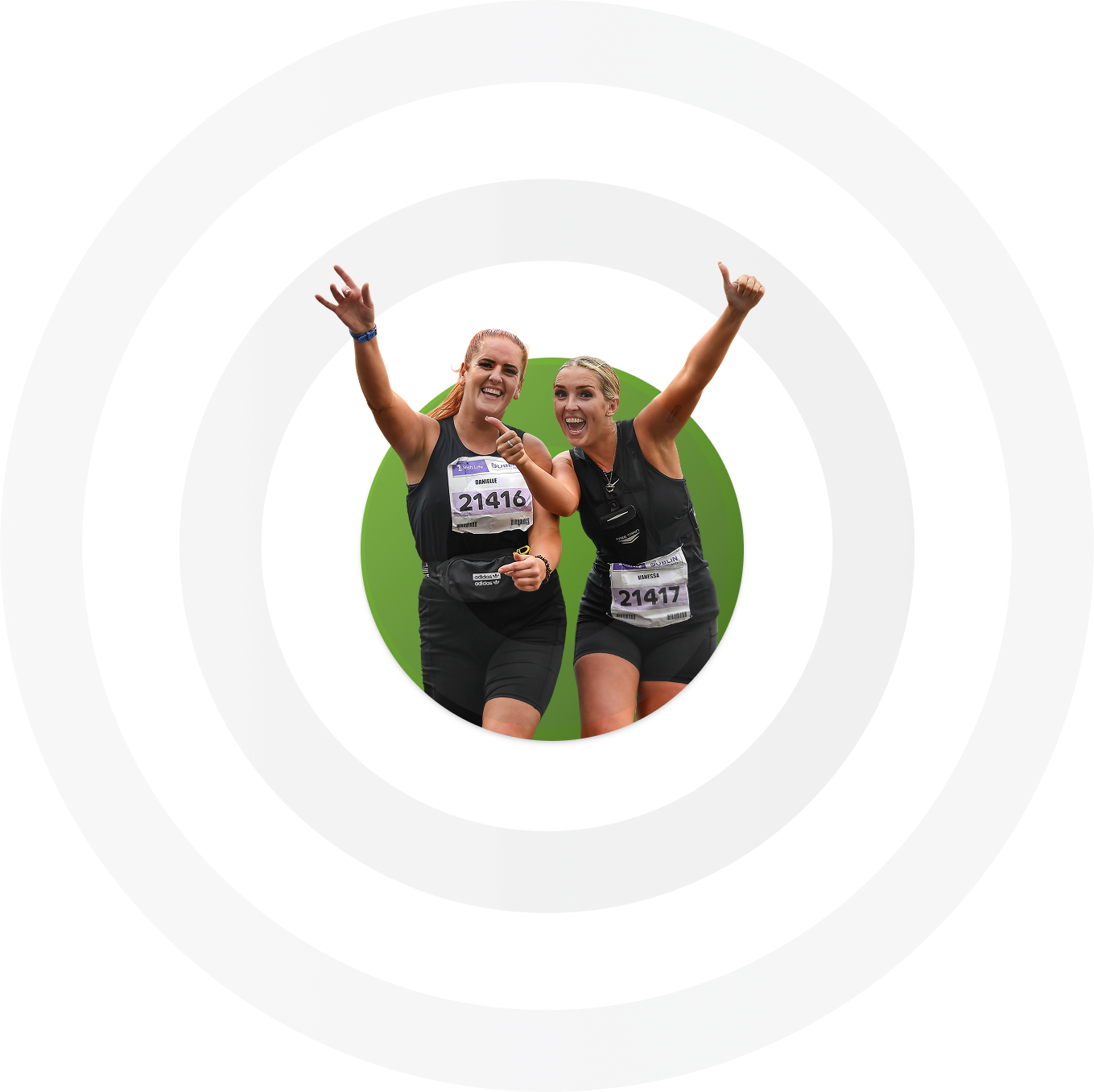Many of us own smart phones and drive intelligent cars, so isn’t it about time that you use technology to make your running smarter too? Here’s how to make the most of technology that allows you to track, record and analyse all of your running metrics.
GPS watches
GPS watches are increasingly becoming part of a runner’s arsenal and many runners swear by them. There are numerous different products on the market and it really comes down to personal preference as to exactly how much information you’d like from your runs. Thanks to satellites in the sky, even the most basic watches will provide tracking information, telling you where you’ve been as well as data on your distance and pace. More advanced models are able to record heart rate data and even information on your cadence and footfall.
GPS watches are therefore great tools for collecting information on your running metrics which will enable you to monitor your progression and the effectiveness of your training programme. However, before you become too bogged down in the minutiae, it’s worth bearing in mind that these devices can sometimes be a little inconsistent so you shouldn’t beat yourself up too much if you fall slightly short of your target some days!
Heart rate monitors
Heart rate monitors are a great tool to help you to run to effort rather than pace. Used correctly, they can ensure that you are getting the most ‘bang for your buck’ from your training.
Heart rate training zones serve as parameters to guide you towards the optimal effort level for any given workout...
The beauty of a heart rate monitor is that it can give you permission to slow down or can function as an indicator that you’re not running hard enough. Heart rate training zones serve as parameters to guide you towards the optimal effort level for any given workout, whether it’s a recovery run or a hard session.
Keep track of your stats on-line
It’s now easier than ever to keep track of your stats on-line. With apps such as Garmin Connect, you are able to store, analyse and share all of your running metrics simply by uploading the data from your Garmin watch. With the newer models you are able to do this wirelessly, so within minutes of returning from a run you will have a plethora of data at your fingertips.
Strava is another popular online tracking tool. You’ll need to upload your data from a compatible GPS device and you can then compare your metrics with yourself, your friends, and even pro athletes. One of Strava’s main features is the segment rankings, a leaderboard of all performances over segments (specific sections of road or trail).
Training Peaks
Training Peaks is a piece of software that enables both athletes and coaches to log and share running data and information about training. Essentially it’s an online training diary.
Whether you’re an elite athlete or a casual competitor, a training diary can be a fantastic tool for many reasons. Not only does it serve as a great source of motivation when looking back at all the workouts that you’ve logged, it also enables you to objectively analyse why you are running well or maybe not so well. The fact that your training stats can be shared on-line with a coach makes the coach’s job of planning and programming far easier.
Running apps
If you don’t have a GPS watch then alternatively there are numerous running apps that you can download to your phone. Apps such as RunKeeper, Map My Run and Runtastic use your phone’s GPS to record your route, pace, distance and calories burned. Nike’s Nike + Run Club is popular with runners of all ages and abilities. The app can be used an all-round run tracker, music player and social networking tool for runners.
If you enjoy running with music then Spotify’s running features are certainly worth a try. The app uses your phone’s GPS signals to detect your pace and will then find music to match your tempo.





.png)


